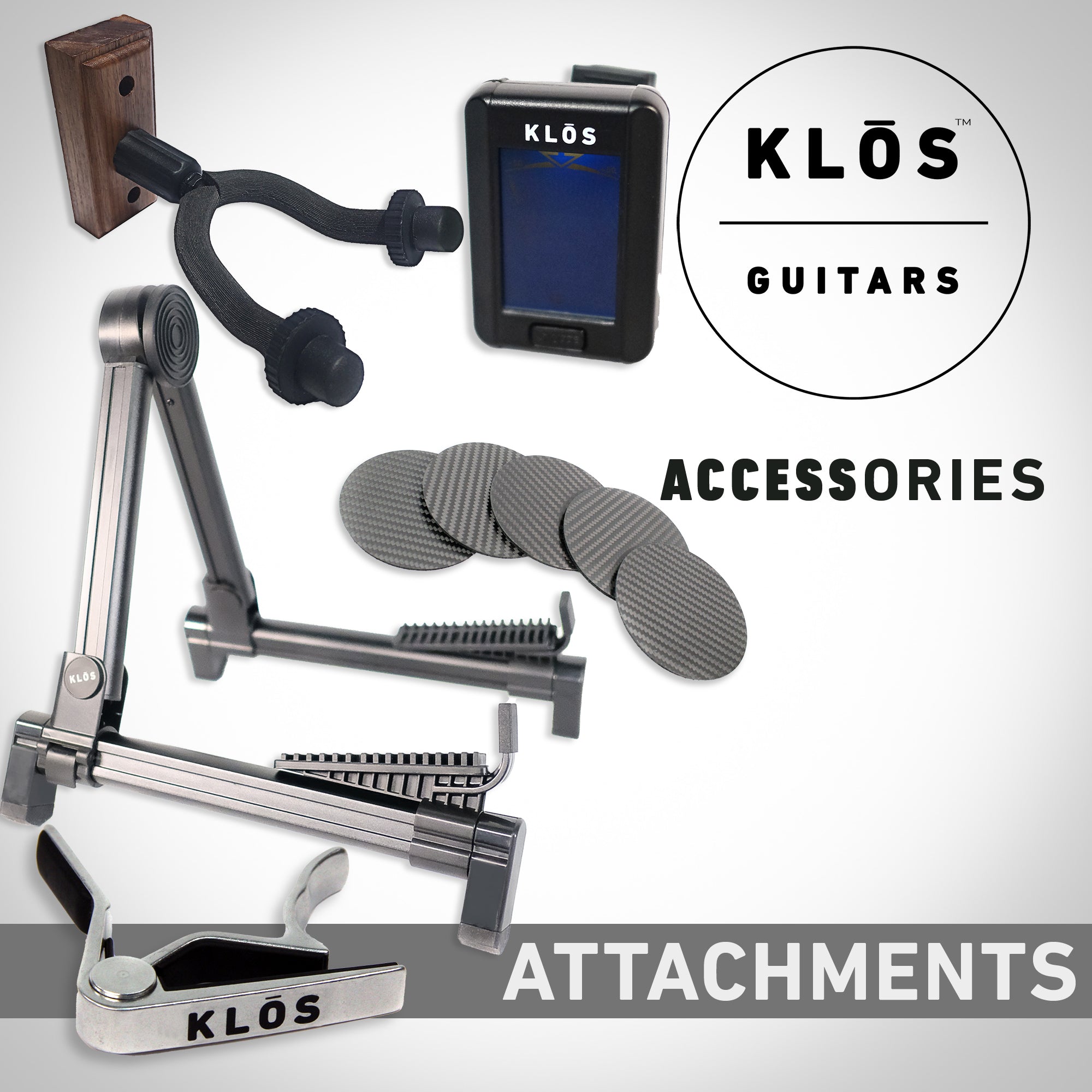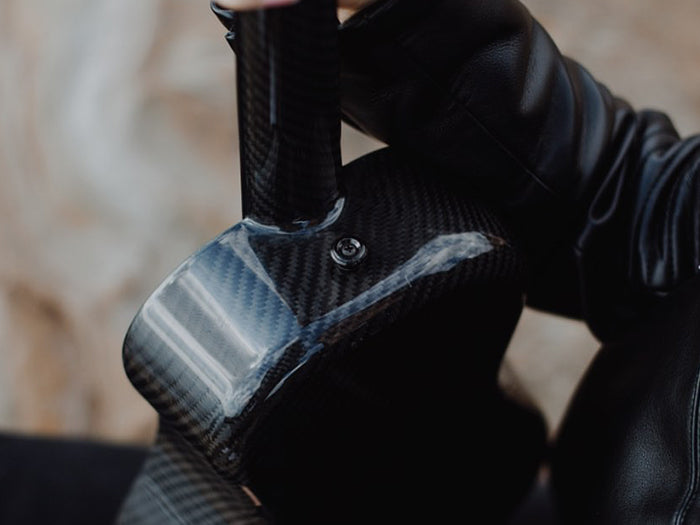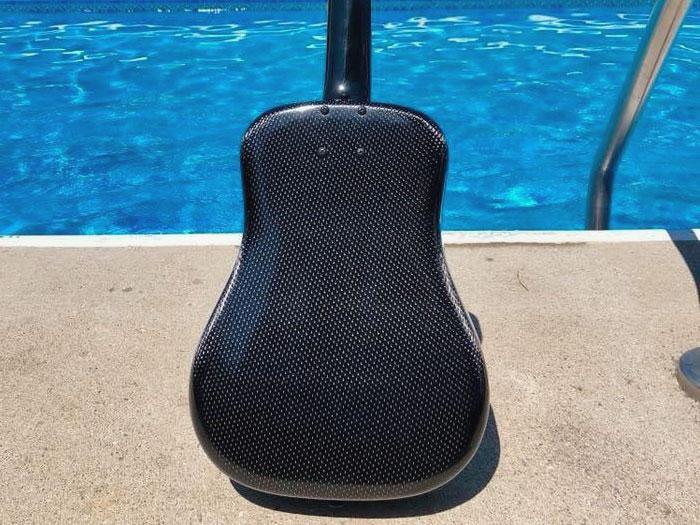
99% of the ukuleles in the world are made from wood, but knowledgeable ukulele experts are making the switch to carbon fiber. Baz of GotAUkulele.com recently reviewed our full carbon fiber series KLOS ukulele with a score of 9.1 out of 10. Baz specifically defines instruments with a score of over 9 as ‘absolutely essential and recommended’.
Carbon fiber ukuleles are no doubt great, but they have several distinct differences from wood ukuleles that you should know. If you’ve never played a carbon fiber ukulele, this piece will give you a good idea of all the benefits you will gain!
The KLOS ukulele is the highest scoring non-wood ukulele ever reviewed on GotAUkulele.com!
Sound
No two instruments will ever sound exactly alike and that is a great thing. Most people have never heard a ukulele made out of anything but wood (or maybe plastic). Baz rated the sound of the KLOS ukulele 9.5 out of 10 and that is with prior experience playing hundreds of other high-quality instruments.
Sound is subjective but carbon fiber tends to come across as bright, projecting, and full of mids. At ukulele jam sessions, a carbon fiber ukulele will blend musically when needed while also being very well suited to playing out on leading lines.

Durability
It’s hard to find a ukulele that sounds great and also offers the right amount of durability. Most concert quality ukuleles are better kept in music rooms with grand pianos and harps. A carbon fiber ukulele can get a little wet at the beach or hang out in your car's trunk during a long hot shift at work before you hit that open mic.
A carbon fiber ukulele can fit perfectly into any lifestyle. Share music with novice players without fear of them damaging a fragile instrument. Quickly disinfect your carbon fiber ukulele with a sanitizing wipe before passing it along to your student. Don’t try that with a wood ukulele as most instrument varnish is alcohol or water-soluble.
Construction
The strength and durability of carbon fiber also contributes strongly to a more optimized ukulele design. The rigidity of carbon fiber allows for the body/neck joint to be very low profile with easy access to the upper register. A two-piece body construction with no bracing cuts down on weight while still being extremely strong and resonant.
Carbon fiber ukuleles are ideal if you want the option of using a low G string. The projection and rigidity of carbon fiber gives deeper bass notes punch and definition.

Carbon fiber ukuleles possess the same great sound that you expect from a wood ukulele while also giving you a host of additional benefits. From the very most novice players all the way up to touring musicians, everyone should consider adding a carbon fiber ukulele to their kit.
If you’re itching for more carbon fiber ukulele content, check out our piece on 10 Reasons to Consider a Carbon Fiber Ukulele. Once you get yourself a carbon fiber ukulele, tag KLOS Guitars on Instagram and #KeepItKLOS for a chance to get reposted.












